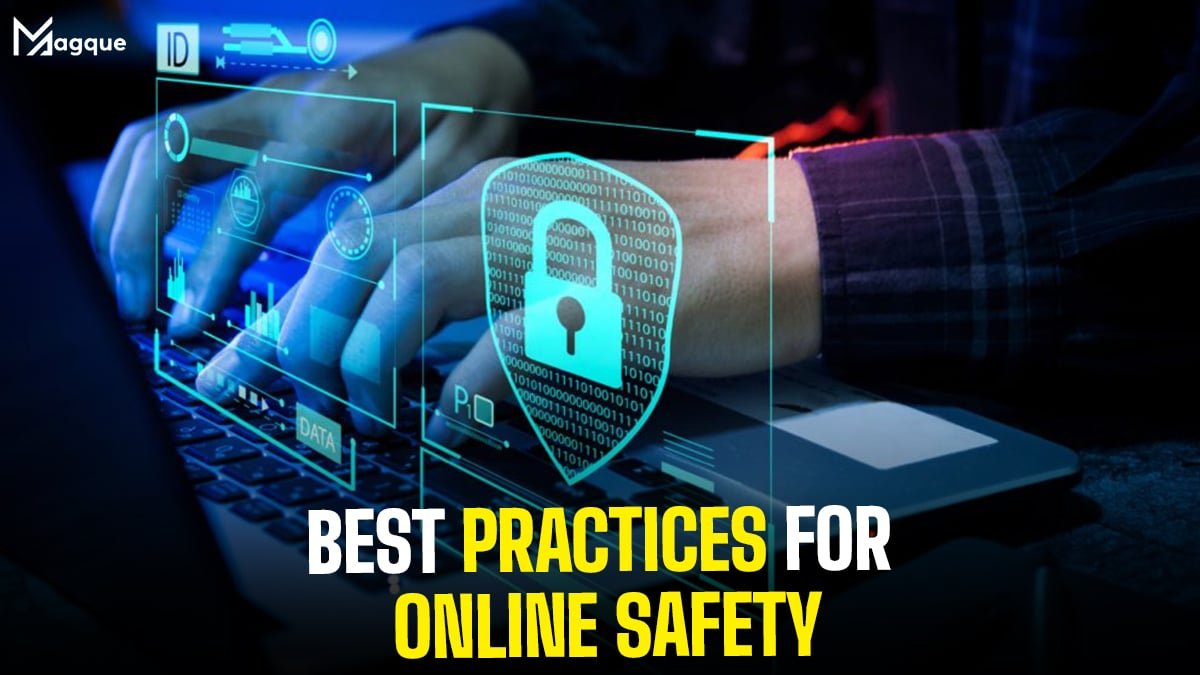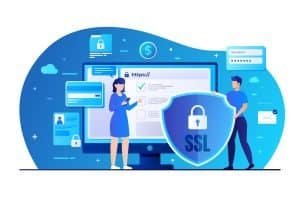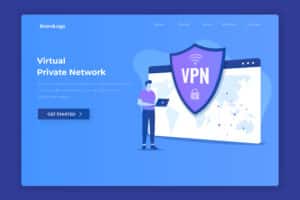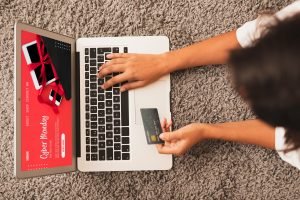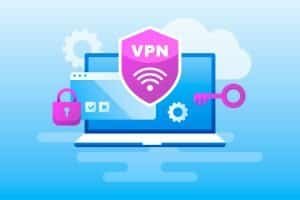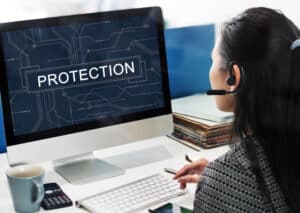Hey there, dear reader! In today’s digital age, where almost everything we do is interconnected through the wonderful web, staying safe online has never been more crucial. Whether you’re a social media specialist, an online shopping enthusiast, or someone who just likes to stay updated with the news, knowing how to protect your digital footprint is essential. Let’s dive into some top-notch strategies to keep your online experiences smooth and secure.
Why Online Safety is a Big Deal
Ever wondered why everyone keeps harping on about online safety? Well, imagine the internet as a vast ocean. Just as the ocean is full of beautiful creatures and interesting finds, it also has its share of dangers – sharks, if you will. In the online world, these “sharks” can be hackers, scammers, and other cyber threats lurking in the deep, ready to snatch your personal information. Yikes, right? But fear not! You can swim safely in the digital sea by following some best practices.
Strong Passwords: Your First Line of Defense
Think of your password as the key to your online kingdom. You wouldn’t want just anyone to waltz in, would you? Creating strong, unique passwords for each account is like having a sturdy lock on your door. And please, let’s move beyond using “password123” or your birthdate. Mix it with letters, numbers, and symbols to make it tough for those pesky internet pirates to crack.
Stay Wary of Phishing Attempts
Have you ever received an email from a “prince” promising you millions of dollars? Or perhaps a message that your bank account needs urgent verification? Welcome to the world of phishing! These are cunning attempts to trick you into giving away personal info. Always double-check the source before clicking on any links or sharing details. If something smells fishy, it probably is.
Update, Update, Update!
Keeping your software up to date is like getting a regular health check-up. It patches up any vulnerabilities that could be exploited by malware or viruses. So, the next time your device prompts you to update, don’t click “remind me later.” Treat it as a priority!
Use Secure Connections
Public Wi-Fi might seem like a boon, but it’s also a hotbed for hackers to steal your data. Use a virtual private network (VPN) to encrypt your online activities whenever possible. This way, even if someone tries to snoop, all they’ll see is gibberish.
Education is Key
Lastly, staying informed about the latest cyber threats and safety measures can make a difference. Knowledge truly is power, especially when it comes to protecting yourself online.
Navigating the internet safely might seem daunting in the grand scheme. Still, with these tips, you’re on your way to becoming an online safety guru. Remember, it’s better to be the savvy navigator in the vast digital ocean than the lost ship. So, arm yourself with knowledge, and let’s make your digital journey with Magque a secure one. Stay safe, stay informed, and happy surfing!
FAQs
Q1. What are the best ways to create a strong password?
Aim for passwords that mix letters (uppercase and lowercase), numbers, and symbols. The longer, the better, with a minimum of 12 characters recommended. Consider using a phrase or a sentence that you can easily remember but would be hard for others to guess. Avoid using easily accessible personal information like birthdays or names.
Q2. How can I identify a phishing attempt?
Look out for emails or messages that urge immediate action, contain spelling or grammar mistakes, or ask for personal information directly. Official communications from banks or institutions usually address you by your full name rather than generic greetings like “Dear Customer.” When in doubt, contact the organization directly through official channels instead of replying or clicking on any links.
Q3. Is it safe to use public Wi-Fi for personal browsing?
While convenient, public Wi-Fi networks are often not secure, making it easier for hackers to intercept your data. If you must use public Wi-Fi, avoid accessing sensitive information like bank accounts. For better security, consider using a Virtual Private Network (VPN), which encrypts your internet connection.
Q4. Why is it important to keep software and apps updated?
Developers regularly update software and apps to patch security vulnerabilities that cybercriminals could exploit. Updating your software is akin to ensuring your home’s locks are strong and secure, preventing unauthorized access.
Q5. What should I do if I suspect my personal information has been compromised?
Immediately change your passwords, starting with your most sensitive accounts (email and banking). Alert your bank to monitor for fraudulent activity and consider placing a fraud alert on your credit reports. If you’ve been a victim of identity theft, report it to the relevant authorities for guidance on the next steps.
Read Also This :- Cybersecurity Skills Learning the Basics for Online Safety

